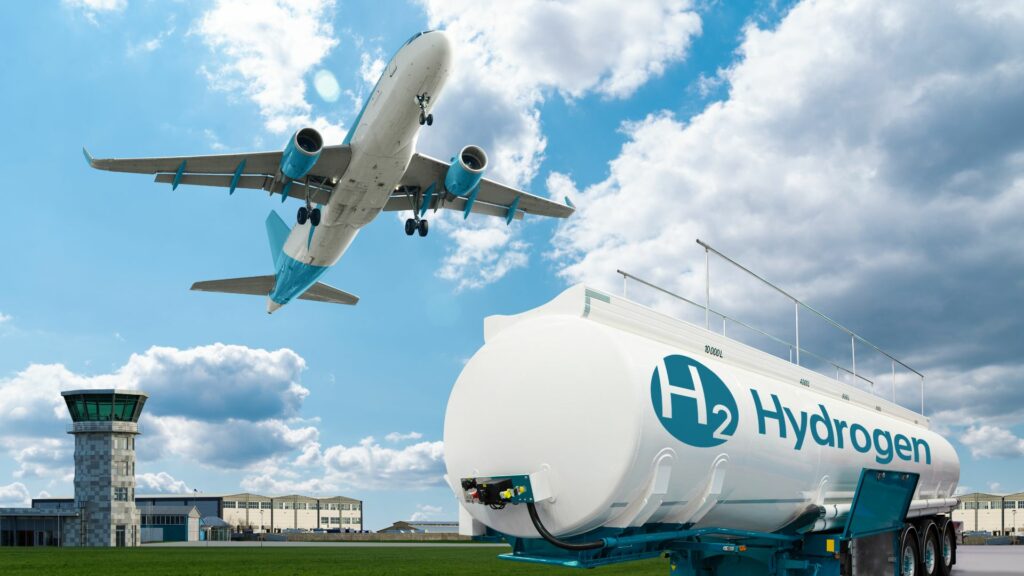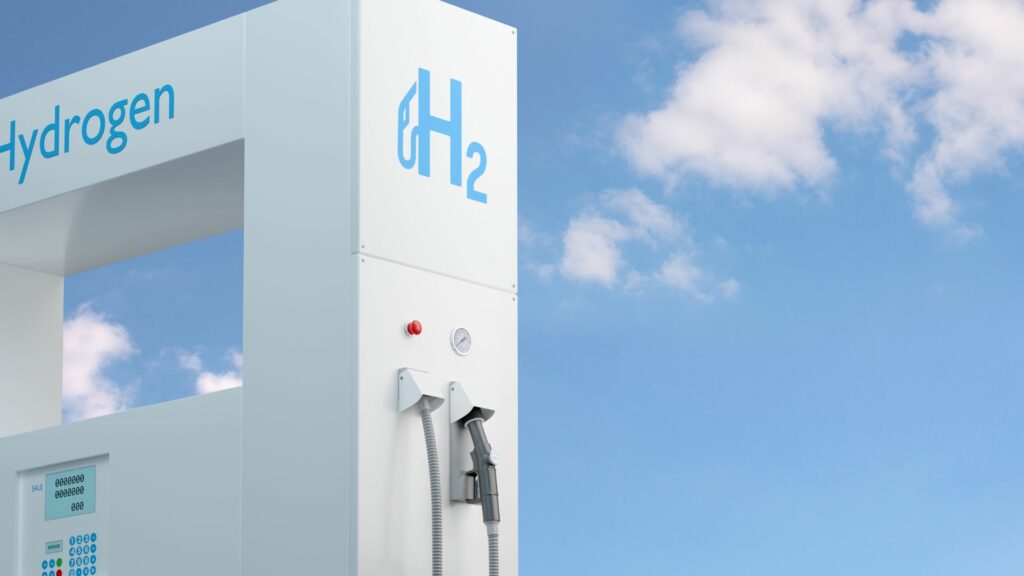Global Hydrogen Fuel Pricing and Its Impact on Heavy Transportation Costs
As the world moves towards cleaner energy solutions, hydrogen fuel emerges as a pivotal player in the heavy transportation sector. With its potential to revolutionize the industry, understanding the retail pricing of hydrogen across different regions is crucial for transportation managers.
Hydrogen vs. Traditional Fuels: A Cost Analysis
When comparing hydrogen to traditional fuels like diesel and gasoline, it’s crucial to consider a multitude of factors beyond the cost per unit. Hydrogen fuel cells boast a higher energy conversion efficiency, typically around 60%, compared to internal combustion engines at 20-30%. This superior efficiency means that hydrogen vehicles can travel further on the same amount of energy, which is a significant advantage for heavy transportation where range and fuel efficiency are paramount.
The cost of gaseous 700 bar hydrogen can vary significantly depending on the region due to differences in production methods, infrastructure, and local market conditions. Here’s a brief overview of the costs in the countries mentioned:










